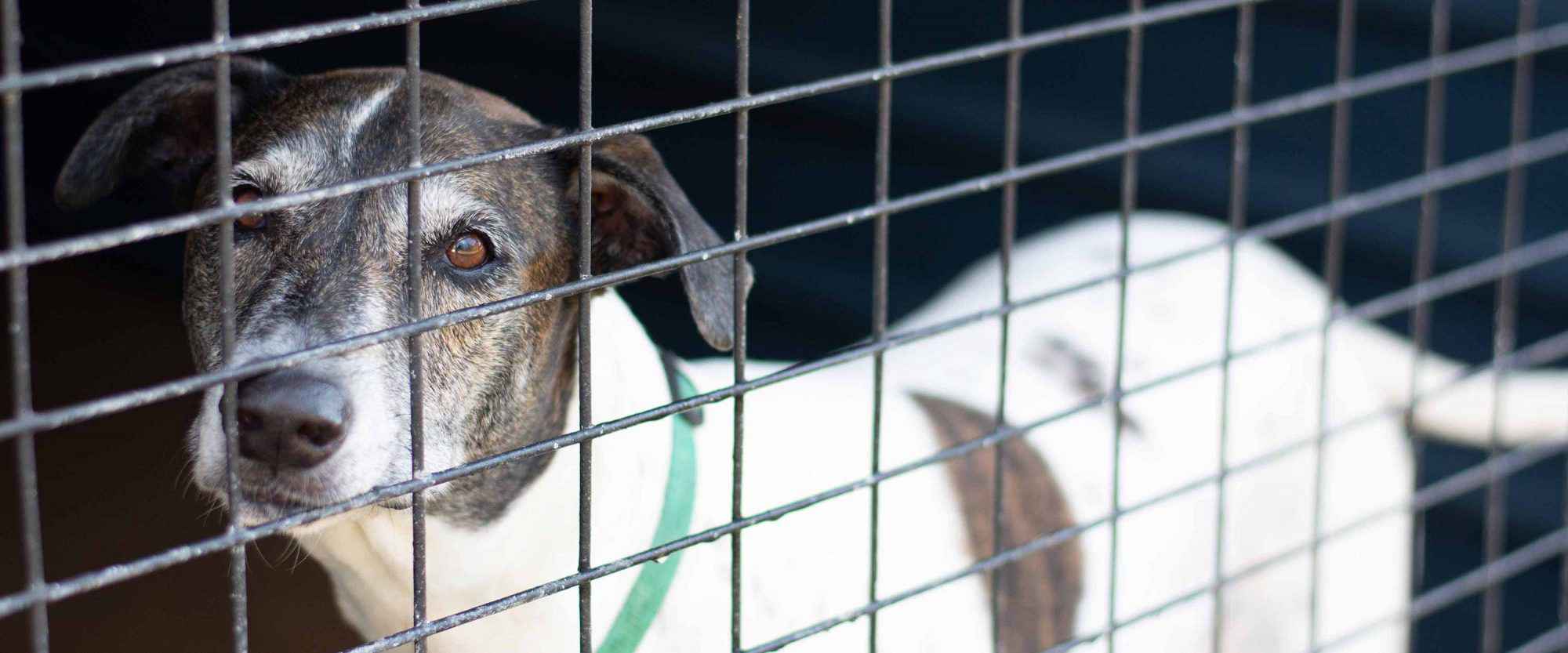- Home
- Who Are We
-
-
Who are we
Explore RSPCA Darwin’s facilities, see our annual report and policies, and view our job vacancies.
-
-
-
-
-
Make a difference in an animal’s life today!
-
-
-
- What We Do
-
-
What we do
Discover RSPCA Darwin’s adoptions, community programs, education, training and veterinary services, plus learn about animal care, safety and welfare.
-
-
-
-
-
Make a difference in an animal’s life today!
-
-
-
- Caring for Animals
-
-
Caring for Animals
“Discover best practice ways to look after your pets, and services which can help you provide for your pet no matter the circumstance.”
-
-
-
-
-
Make a difference in an animal’s life today!
-
-
-
- How You Can Help
-
-
How you can help
Make a lifesaving difference to animals by becoming a foster carer, donating, fundraising, joining an event, volunteering and more.
-
-
-
-
-
Make a difference in an animal’s life today!
-
-
-
- What's On
-
-
What’s On
“Discover fun ways to help RSPCA Darwin, by coming to events, being a part of campaigns or utilising our services”
-
-
-
-
- Our Supporters
- Contact
Pet Hazards
You may be surprised at how many potential pet hazards exist around your home and even in your car.
Christmas, fireworks, heat stress, storms and snakes can all be very dangerous to pets. Many common household items such as food, medicines and plants can also be fatally toxic. Because of this, it is very important to familiarise yourself with commonly found poisons and to ensure these are not kept within reach of your much-loved animals.

Fireworks and Storms
Many pounds report an increase in runaway cats and dogs after a storm or fireworks night.
A dog can hear 10 times better than a human. Fireworks typically explode at a staggering 145-150 decibels, so these explosions can be terrifyingly frightening and loud.
As many animals have a fear of fireworks and storms, they often injure themselves trying to escape the noise. Some dogs will jump or dig under fences. Others find their way onto busy roads and can be struck by vehicles.
If you can, it’s best to stay home with your pet, provide her with a comfortable environment and engage her in normal activities. If you’re not going to be at home, make sure you provide her with a safe, secure and comfortable environment. Whenever possible, bring your pet indoors. If your pet has ongoing trouble with loud noises like fireworks and storms please speak to your veterinarian for further assistance and to discuss all your options.
Here are some simple steps to minimise firework and storm stress in pets:
- Ensure your pets are wearing ID tags and their microchip details are up to date.
- If you know a storm is coming, or fireworks are planned, ensure your pets are exercised and well fed before the storm starts.
- Keep your animals indoors in a safe, secure and comfortable environment.
- Securely stable horses at a location away from firework noises.
- Leave the TV or radio on to mask any sounds.
- Remove any sharp objects that might cause injury to a panicking animal.
- If your pets are particularly prone to fireworks or storm panic, stay at home with them.
Bushfires and House Fires
Bushfires can occur frequently during the dry months, and hot, dry climates can cause fires to get out of control quickly. Sadly, in recent years, bushfires and fires have claimed the lives of a number of pets.
Whether your pets are at home with you or relocated during fire risk days, or you’re away together on holidays, you need to plan and prepare for their safety. With a pet emergency plan in place, you can greatly increase the likelihood of evacuating your pets to safety.
Ensure you’re ready with a Disaster Management Plan. Not sure how to create one? https://securent.nt.gov.au/prepare-for-an-emergency/pets-in-emergencies
Snake Bites and Pets
In the warm NT climate, snakes are regularly active. Because of this, pet owners must be careful to protect their pets from snake bites, and to be aware of the warning signs in case their animal is bitten.
What should I do if I think my pet has been bitten by a snake?
If you think your pet has been bitten by a snake, keep him calm and quiet, and take him to a veterinarian immediately. The chances of recovery are greater if he is treated early (80 per cent), with some pets making a recovery within 48 hours. Pets who are left untreated have a much lower survival rate.
If your veterinarian is far away, you will need to apply first aid. Keep your pet calm and quiet, and apply a pressure bandage – a firm bandage placed over and around the bite site – to help slow the venom from spreading to his heart. Do not wash the wound or apply a tourniquet.
If you can identify the snake, tell your veterinarian, but don’t try to catch or kill the snake. If the snake is dead, you can bring it with you. Otherwise, there is a blood or urine test that can identify whether your pet has been bitten and the type of snake that was responsible.
Once the snake has been identified, your veterinarian can administer antivenom. Please be warned that antivenom is quite expensive and can result in a hefty veterinary bill. Consider insurance to avoid finding yourself in a tragic situation.
If you are walking your dog close to bushland, especially near water, please keep him on a lead and avoid long grassy areas. Keep the grass low in your backyard or property, clean up any rubbish piles and clear away objects where snakes may be able to hide e.g., under sheets of corrugated metal, wood piles, etc.
If you think your pet has been bitten by a snake, please call your local veterinarian immediately.
Heat Stress
In the NT climate, animals need constant access to both water and shade, as heat stress can develop extremely quickly in hot weather. Pet owners need to be especially vigilant in the hotter build up and wet season. Your pet must also always stay cool, hydrated and safe.
Here are some tips to help your pet cool down during summer:
- Provide extra bowls of water in case one is accidentally knocked over.
- Give outdoor dogs takeaway containers filled with beef or chicken stock which has been frozen overnight.
- Freeze half a bowl of water overnight and add half a bowl of cool water before giving it to your pet.
- Provide extra shade areas in your backyard using shade cloths and shade umbrellas.
- Let your pet play in paddling pools filled with water. Just make sure she’s always supervised.
- Never leave your dog in the car, even with the windows down. She could die in as little as six minutes, as temperatures in a vehicle can rise to dangerous levels, even on mild days. Leaving the windows open, parking in the shade and tinting do not significantly help to reduce the inside temperature.
- Always walk your dog in the early morning or late evening when it’s cooler.
- Ensure your pet always has easy access to shade and water throughout the day.
- Spray your pet bird with a mist pump spray bottle (only if she likes it!) or install a bird bath.
- If you have a small cat or dog, cool a ceramic tile or oven pan in the fridge or freezer, and put it out for him to lie on.
- Give your pocket pet a little bag of ice wrapped in a small, wet towel.
- Allow your outdoor animals to come inside the house to share the air conditioning or electric fan.
If you think your pet is suffering from heat stroke, please call your local veterinarian immediately.
Christmas Season
Christmas is a time of cheer for humans. But for pets, it can mean a time of change. There will be more noises and visitors, as well as new objects and smells. Here’s how to keep your pet safe and healthy during the festive season.
Decorations and presents all pose a risk if they are consumed, including:
- candy canes or chocolate
- round, ball-like decorations, which may break in your pet’s mouth, causing lacerations to his intestines and tongue
- sparkly items e.g., flickering tree lights, small and shiny ornaments, ribbon and wrapping paper
- tinsel, which can obstruct the intestines and create a surgical emergency
Keep your pet healthy and happy on Christmas Day with our suggestions:
- Create a calm, quiet spot for your pet away from the noise.
- Exercise your pet before any guests arrive.
- Keep Christmas flowers and plants out of your pet’s reach.
- Quickly clean up any bows, plastic and ribbons so there’s no chance of him swallowing them by mistake.
Here are some tips for spoiling your pet in a healthy, safe way:
- Create a treasure hunt through the house or garden of your pet’s regular dry food.
- Mix your pet’s regular food with a treat.
- Use a recipe that is specifically designed to be a safe treat for your pet.
- Spend extra quality time with your pet by playing games or going for extra walks.
- Purchase pet-friendly Christmas food and treats.
- Remember that what your pet wants most for Christmas, is time with you!
Christmas is a time of giving, but many human foods can cause serious illness. So resist that pleading face, and exercise caution when choosing what treats to give your pet. Onions, garlic, grapes (including dried forms), many nuts and dried fruits are the most common accidental poisonings over the festive season.
Most cooked meats are okay to feed to cats and dogs in small quantities. However, do not feed your pets cooked bones as these they can easily splinter and damage their intestines and throat. Keep meat scraps free of gravy and marinades. Remember that even foods which aren’t poisonous can be very rich and cause an upset tummy, so small volumes only.
Many sweet treats are toxic for pets, and can even be fatal. This includes:
- chocolate
- Christmas pudding
- currants
- grapes
- lollies
- raisins
- sugar-free sweet products
A number of plants are poisonous to pets. These can cause serious illness and even death in some cases. It’s therefore important to check the safety of any plants before giving your pets access to them.
You can find a list of dangerous plants here.
If you think your pet has ingested a toxic plant, it may be a medical emergency. Please call your local veterinarian immediately.
Lily toxicity is particularly dangerous for cats. Despite the best treatment from veterinarians, it causes many cats to die.
Asian, Day, Easter, Glory, Japanese Show, Peace, Red, Rubrum, Stargazer, Tiger and Wood lilies are all toxic to cats.
Even ingesting the smallest part of any of the lily plant may cause intoxication and death. Signs of ingestion and poisoning include depression, lethargy and vomiting. If untreated, acute kidney or renal failure may occur.
If you suspect that your cat may have ingested part of a lily and is showing signs of lily toxicity, please visit an animal emergency hospital or your local veterinarian immediately.
Opening Hours
- MON – FRI : 10:00am – 3:00pm
- SAT 11:00am – 4:00pm
- SUN and PUBLIC HOLIDAYS – closed
Contact Us at reception@rspcant.org.au
-
80 Boulter Road,
Berrimah, Darwin NT - 08 8984 3795


